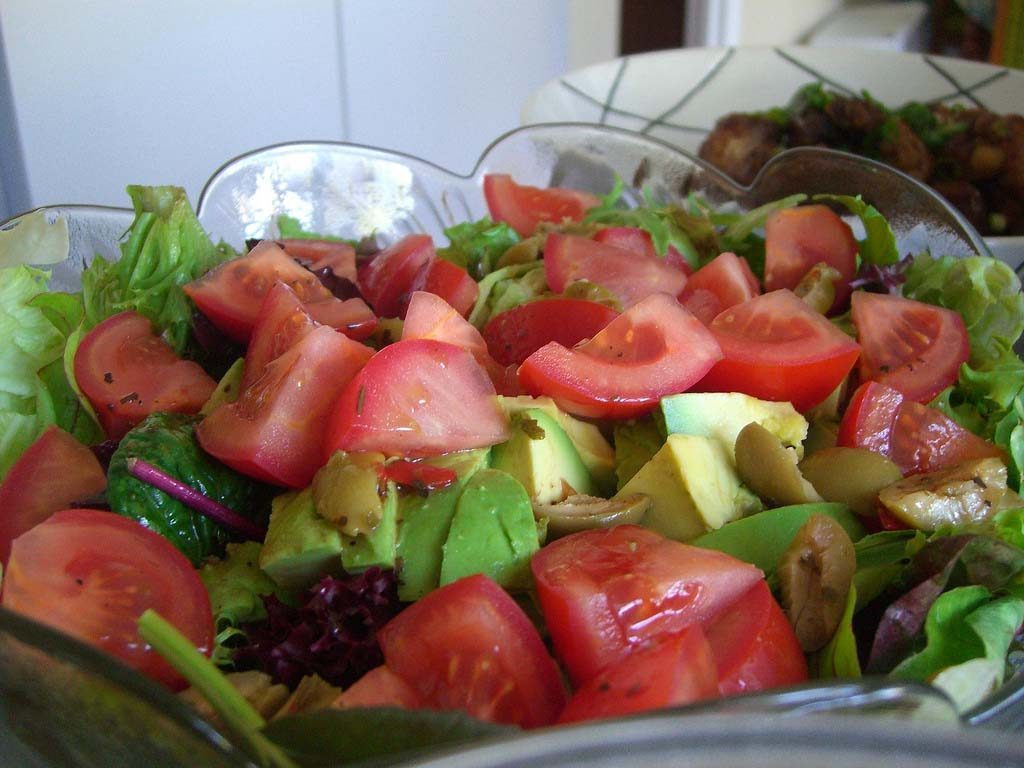
With the summer heat beating down on Qatar, Hamad Medical Corp. (HMC) officials are warning residents about the increased risk of food poisoning.
This is one of the most common illnesses seen at Hamad General Hospital’s Emergency during the summer months, according to Dr. Galal Alessai, an emergency physician at HGH.

He said some signs of food poisoning include “nausea and vomiting, abdominal cramps or pain, diarrhea, fever, bloody stool, and in severe cases, shock and collapse.”
However, the illness can be avoided through careful storage and handling of food and good hygiene, he added.
Here are five tips on how to safeguard yourself from food poisoning:
1. Check your hygiene
Having good personal hygiene is the first step to avoiding any kind of contamination.
Make sure to wash hands and cover your hair before cooking. Also, don’t cook while you’re sick, to avoid contaminating the food.

Make sure your table or countertop where food is prepared is kept clean, along with any kitchen tools and utensils. The kitchen itself should also be pest-controlled and well managed.
2. Handle your food ‘properly’
Certain types of food, if not handled properly, can make you sick, according to HMC’s food hygiene supervisor Joegi Ramos.
That includes raw food, ready-to-eat food, cooked meat and poultry, or any food that is rich in protein and is exposed for long time to high room temperatures.

“Improperly stored cooked-chilled meals and stock, unpasteurized dairy products, mayonnaise, home-made ice-cream, and even hummus are also deemed to be at high risk of food poisoning,” Ramos added.
One way to avoid any cross-contamination is to organize how you store food in the refrigerator. Cooked meals should go on the top shelf and raw items toward the bottom.
3. Do not cook food in advance
One way to avoid getting sick is to make sure food is cooked on the same day it will be served.

“Cooking in advance, for instance for lunch or dinner parties the next day, is not advised, mainly because storing cooked food correctly is something that people often ignore,” Ramos said.
4. Give freshly prepared food an ice bath
If you have made a lot of food to store ahead of time, you can try cooling it down before refrigerating it using the ice bath method. This lessens the exposure of food to room temperature.

“If you are cooking a solid item, make sure you cut it into small pieces, place it in a shallow container, close the container, and put it in the basin with crushed ice or chilled water under it. This will speed up the cooling process,” Ramos said.
4. Thaw it the right way
Most of the time, people defrost frozen chicken under the kitchen sink with running water over it. But they forget to check the temperature of the water, which, according to Ramos, should not be above 21C (70F).

Running the food under cold water is also advisable. Additionally, to avoid contamination, keep frozen items inside their packaging when being thawed.
Finally, defrosting inside the refrigerator may take several hours, but is the most advisable and safest way, Ramos said.
Do you have any other ways to avoid food contamination? Thoughts?







